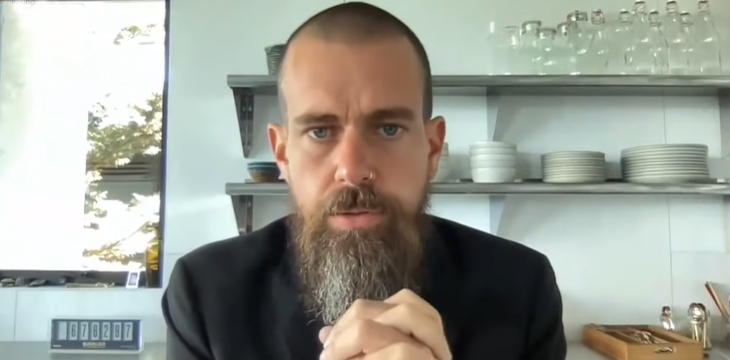|
Getting your Trinity Audio player ready...
|
Jack Dorsey, founder of Twitter and CEO of Block, is establishing a ‘Bitcoin Legal Defense Fund’ in response to the rapidly advancing legal campaign by Dr. Craig Wright.
The proposal was submitted to the Bitcoin developer mailing list by Dorsey, Alex Morcos of Chaincode Labs and blockchain academic Professor Martin White, apparently the Fund’s three board members. Though it purports to be a fund in defense of Bitcoin, the wording of the proposal itself reveals that there’s only one kind of legal battle Dorsey is interested in fighting—those which protect BTC:
“The Bitcoin Legal Defense Fund is a nonprofit entity that aims to minimize legal headaches that discourage software developers from actively developing Bitcoin and related projects such as the Lightning Network, Bitcoin privacy protocols, and the like.”
an email to the bitcoin dev mailing list from @jack explaining the Bitcoin Legal Defense Fund pic.twitter.com/y1XY3XG0IR
— Zack Voell (@zackvoell) January 12, 2022
The announcement identifies Dr. Wright’s groundbreaking legal battle (brought via Tulip Trading) to have the courts recognize that Bitcoin developers owe fiduciary duties to those who rely on their development and maintenance of the blockchain as the first target for the Fund’s ‘defense.’
The proposal is in keeping with Jack Dorsey’s pattern of opposition to Bitcoin and Dr. Craig Wright specifically. The founding of the Fund echoes the Twitter founder’s earlier establishment of the Crypto Open Patent Alliance (COPA). COPA was initially sold by Dorsey as a cause-agnostic anti-patent litigation group, but since its founding almost a year ago the so-called Alliance has yet to do anything other than oppose Dr. Wright’s claim to the Bitcoin white paper. The Alliance’s membership consists almost exclusively of the most notorious defenders of BTC and outspoken critics of Dr. Wright.
The most telling part of this latest proposal is that the Fund—despite having already identified their first target in Dr. Wright and Tulip Trading—is not raising any money. Given the Fund appears to only consist of Dorsey, Morcos and White, the announcement seems to be less about the establishment of any general-purpose fund for helpless defendants and more a declaration that Jack Dorsey’s Twitter billions will be made especially available to anyone who finds themselves facing Dr. Wright in court. Indeed, the announcement concedes that the lawsuits and defendants that the Fund chooses to defend is entirely at the discretion of the three-person Board.
Dorsey’s move is likely to give Dr. Wright’s legal opponents some more financial rope, but it won’t help them defend against his legal arguments once they are before a court. Dr. Wright is arguing for the imposition of tortious and fiduciary duties on blockchain developers towards their userbase, and there is sound basis in law to find that such duties do exist. In addition to the U.K. courts’ willingness to extend fiduciary duties to novel relationships, courts in other jurisdictions have also found the distributors of peer-to-peer software to be directly liable for the infringements they enable: see the U.S. Supreme Court’s ruling in MGM Studios, Inc. v. Grokster, which found the distributors of P2P software directly liable for the copyright infringement of its users. Even if the courts fall short of finding that blockchain developers do owe such duties to their users, there are still other avenues that might be used to hold blockchain developers accountable to the people relying on them. For example, the law can find a party civilly liable for accessorizing the commission of legal wrongs even if they did not commit them directly in much the same way as one can be held criminally responsible as an accessory to a crime.
The timing of the announcement is likely in part response to Dr. Wright’s growing list of legal victories, such as last month’s sweeping win over Ira Kleiman, who was attempting to argue that his late brother played a part in Dr. Wright’s invention of Bitcoin. The jury rejected that argument, finding that the invention was Dr. Wright’s alone.
Given the amount of open litigation which still rest on whether or not Dr. Wright is the inventor of Bitcoin, perhaps the Bitcoin Defense Fund should be taken as a sign of desperation on the part of his detractors.
Follow CoinGeek’s Crypto Crime Cartel series, which delves into the stream of groups—a from BitMEX to Binance, Bitcoin.com, Blockstream, ShapeShift, Coinbase, Ripple,
Ethereum, FTX and Tether—who have co-opted the digital asset revolution and turned the industry into a minefield for naïve (and even experienced) players in the market.

 03-01-2026
03-01-2026 




